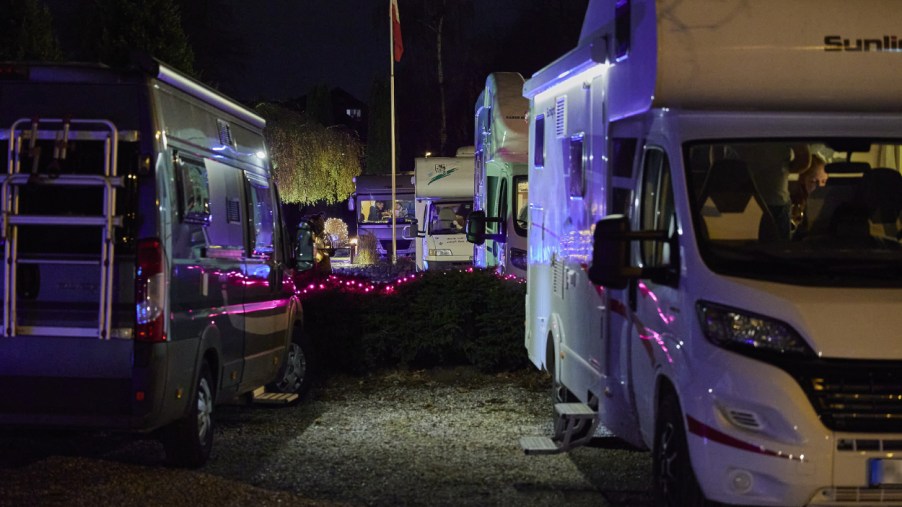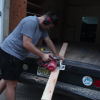
Are Campgrounds and RV Parks Safe?
When you’re traveling with a camper or an RV, you know the importance of planning. You’ll outline a route with the best views and the tastiest restaurants. And you’ll likely arrange for various activities along the way. While you might be headed somewhere fun as your vacation destination, the journey can be just as adventurous.
One aspect of your plan is recognizing where you need to stop for sleep. Some parking lots allow overnight parking, and there are some who like to venture into the wilderness to set up shop for the night. But in the end, the veteran campers will tell you that RV parks and campgrounds are the best options. You still might be wondering, though, if such places are targets for crime. Just how safe are campgrounds and RV parks, anyway?
Campground and RV park advantages
There are significant safety advantages in finding official campgrounds or RV parks for your road trip pitstops. Some offer gated areas and security check-ins, meaning the riff-raff won’t be able to easily wander around your campsite.
And most feature surveillance cameras to catch would-be criminals in the act. According to KOA, RVing is relatively safe since most campgrounds don’t typically attract the criminal element.
The RV park safety factor
Even the busiest RV parks, with the most transient and daily traffic, see much lower crime rates than other areas. In fact, VEHQ.com suggests the odds of becoming a victim of a major crime is only one in 25,000 if you’re staying in an RV campground.
Of course, some are safer than others, depending on security efforts and surveillance systems. Despite the secure nature of the managed campground environment, it’s always best to prioritize your own safety and take the necessary precautions to protect yourself when you’re RVing.
How to protect yourself and your family
The AxleAddict.com talks about never letting down your guard, especially when you’re taking on the open road with your family. Even the safest venues, with the best lighting, can present safety concerns.
Some essential safety tips include locking up your belongings and RV when you leave. Even a short evening walk or going out for dinner presents an opportunity for crime.
Park near other RVs if possible to leverage the safety in numbers benefits. Installing your own security systems can always be helpful, as well. Keep a safe and use it for expensive belongings. And basic tips like walking in pairs and carrying credit cards are always recommended.
Plan ahead for the safest RV adventure
Camping and RVing can be incredibly rewarding and offer some of the most memorable family adventures. But don’t forget to plan for the safest journey.
Make sure your vehicles are well maintained and ready for the road. Double-check your insurance coverage to know what protections you have in the event of an accident or RV damage.
Check the map and organize your stops to coincide with campgrounds and RV parks. And remember to treat your camper like you would a traditional vehicle or your home. Lock it up and be mindful of your belongings. It doesn’t hurt to have an emergency plan, as well, should you experience an incident or feel unsafe.
As we approach the upcoming spring and summer months, more and more families will be hitting the road for a much-needed vacation. If you plan to be one of those families, remember these safety best practices and plan ahead. While campgrounds and RV parks are usually safe, there’s no replacement for a personal or family safety strategy.


